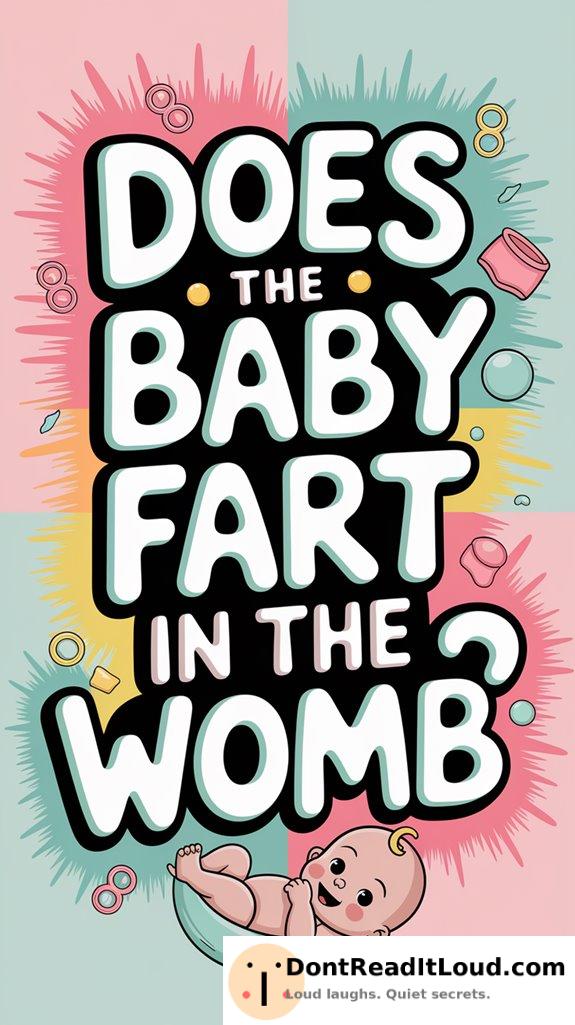
You might wonder if babies fart before birth, but there’s no reason to worry. In the womb, a baby’s digestive system isn’t breaking down food, so no gas forms. Nourishment is delivered via the placenta, skipping the digestive steps that cause flatulence. As their senses and reflexes mature, babies get ready for life outside. Learn more about how they grow and develop amazing instincts.

Although babies enter the world as tiny and seemingly fragile beings, they’re equipped with fascinating sensory abilities and instincts right from birth. During fetal development, your baby’s senses begin to form, laying the groundwork for the preferences they’ll exhibit as newborns. Even before birth, your baby’s hearing is fully developed. They can recognize your voice, comforting melodies, and other familiar sounds. Because of this early development, they may respond to these sounds by moving or appearing calmer.
When it comes to vision, your newborn will focus best within 8-10 inches, which is conveniently the distance to your face when you hold them close. They’re naturally drawn to high-contrast patterns, like black and white, as their visual system is still maturing. This attraction explains why many newborn toys and books have bold, contrasting designs. Vision improves rapidly, and by the time they are 2-3 years old, children typically have 20/20 vision.
Taste is another sense that begins forming early in fetal development. By birth, your baby will already prefer sweet tastes, such as breast milk, which provide comfort and nutrition. They won’t recognize salty flavors until they’re about 4-5 months old, highlighting the fascinating changes that occur post-birth.
Your newborn’s sense of smell is also remarkably keen, allowing them to identify you by scent, particularly your breast milk. This olfactory preference plays an important role in bonding and feeding.
Touch is equally important; your baby responds positively to skin-to-skin contact, calming motions like rocking, and gentle changes in position. These interactions help them feel secure and loved, promoting healthy development.
From the moment they’re born, babies exhibit early reflexes vital for survival. These reflexes, originating from the brainstem, include the rooting reflex, which helps them locate a nipple for feeding. The sucking reflex, essential for nourishment, is triggered when the roof of their mouth is touched.
The Moro reflex, or startle reflex, causes them to extend their limbs in response to sudden noises or movements, a protective mechanism that fades around two months.
These sensory abilities and reflexes showcase the incredible capabilities your baby has developed even before birth and highlight the preferences they exhibit as newborns. Babies aren’t simply passive; they actively interact with their environment, using their senses and instincts to learn about the world.
Conclusion
In the womb, babies don’t fart because they aren’t swallowing air as they will after birth. Instead, they’re focused on developing vital skills for life outside. The idea of a tiny toot may be funny, but pregnancy is really about your baby’s remarkable growth. As you anticipate meeting your little one, enjoy each stage of this unique journey and all the adorable sounds to come!



